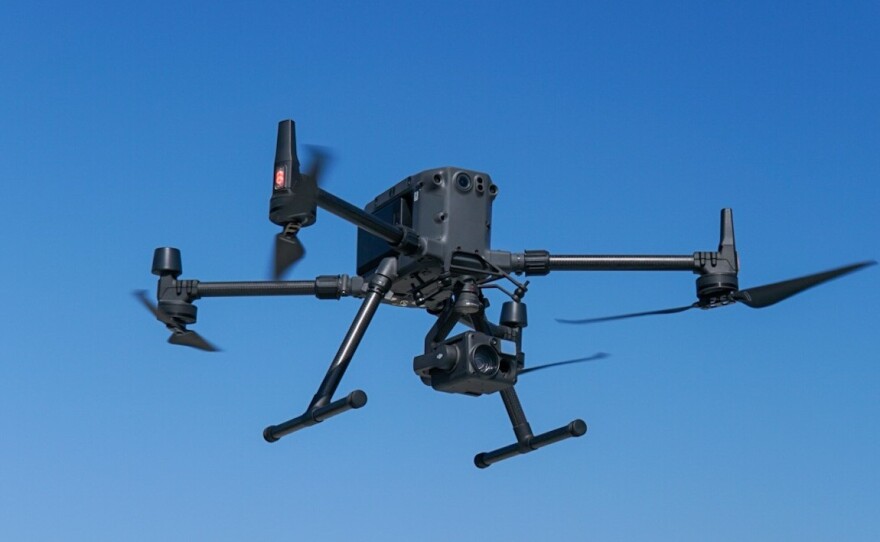Chula Vista — sometimes called one of the most surveilled cities in the country — took initial steps this week to create a policy that protects its residents’ privacy rights.
Chula Vista’s new Technology and Privacy Advisory Task Force is charged with drafting guidelines that balance the city’s technology use with limits on what kind of data is picked up by surveillance devices and how that information is used.
The panel includes a mix of residents, privacy advocates and tech experts.
“The goal I have here is to bring forward a perspective that will highlight human rights and civil liberties,” said Pedro Rios, who is director of the immigration rights group American Friends Service Committee and one of 12 members on the new task force.
The effort to build safeguards against breaching its citizens’ private data comes years after the city of Chula Vista started using surveillance tools like automated license plate readers, known as ALPRs, and drones, which are deployed as first responders to 911 calls.
The effort to preserve residents’ privacy gained traction in late 2020 following disclosures that Chula Vista police shared data collected from its ALPRs with federal immigration officials.
While the agency stopped that practice, a KPBS investigation revealed earlier this year that Chula Vista’s contract with Motorola Solutions gives the company wide latitude over information collected by the city’s surveillance technology.
Specifically, the pact allows the company to use, copy, analyze, publish and offer subscriptions services to data that passes through the police department’s real time operations center. That data includes information recorded through its license plate readers and video captured by its drones.
Another KPBS investigation found that several of the drones Chula Vista police send out daily are made by Chinese manufacturer DJI and have been deemed a potential risk to national security by the Pentagon.
Chula Vista activist Nick Paul says the stakes are high for the city’s new Privacy Advisory Task Force.
“This is an opportunity for the community to make sure that surveillance tech and technology in general in the city is used responsibly,” Paul said.









